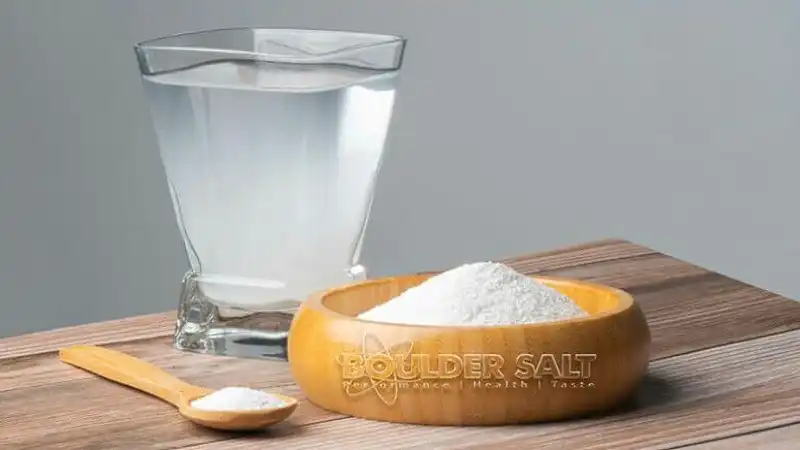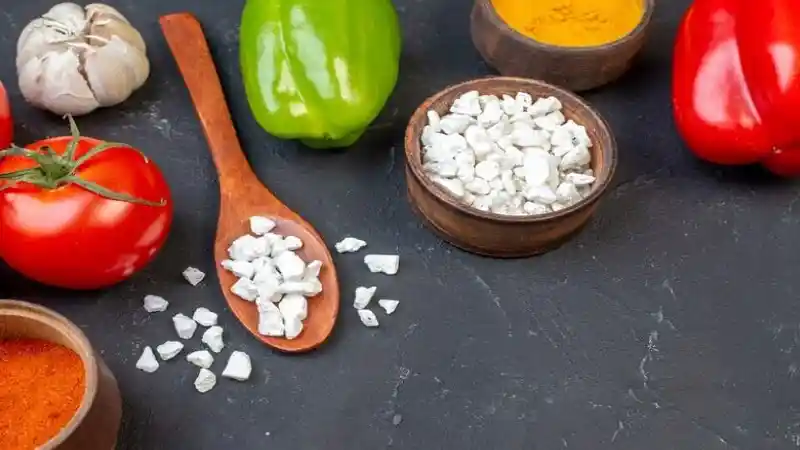Salt: Healthy or Unhealthy?
Salt is incorporated into nearly every food we eat, from homemade to processed. Salt is one of those elements crucial for the body’s proper functioning; however, it is also known to be behind some health conditions if taken in excess. This paper describes the complex relationship that salt shares with health—pointing out its benefits and risks—and gives some advice on how salt can feature in a healthy diet.
The Essential Role of Salt in the Body
Salt is made up predominantly of sodium chloride and is used for several functions in the body:
Electrolyte Balance: Sodium is considered one of the more important electrolytes, which are implicated in the regulation of fluid movement in and out of the cells. This will ensure that the cells work properly, the muscles will work effectively in contraction, and that nerve impulses are transmitted.
Nerve Function: Sodium is also the factor that determines proper nerve function. It helps generate and transmit the nerve impulse that allows for action, thought processes, and senses.
Muscle Contraction: Both sodium and chloride are indispensable to muscle contraction, the heart included. The heartbeat relies on sodium to maintain its rhythm.
Fluid Balance: Sodium helps in maintaining the fluid balance in the body. It plays a crucial role in regulating blood pressure and overall hydration.

Healthful Benefits of Salt
In moderate quantities, salt has a few beneficial effects on health:
Maintaining Hydration: Sodium participates in the regulation of the body’s water levels. This is very important to athletes or those having intense workouts.
Absorption of Nutrients: Sodium helps in the absorption of some nutrients in the intestines, hence supporting total metabolism and digestive health.
Hyponatremia prevention: This is a condition whereby the measure of sodium in the blood is very low. This may pose an impending danger. Sufficient salt in a diet prevents this situation from taking control, especially in losing too much sodium from one’s body through sweat.
Risks of Excessive Salt intake
While salt is essential to health, excessive intake of salt in the diet can lead to various health problems. The diet shows some of the serious conditions that may arise as a result of too much salt consumption:
High blood pressure, as a result of holding extra water, causes increased blood volume with heightened pressure. High blood pressure is a major risk of developing heart, stroke, and kidney diseases.
Heart conditions: An overconsumption of sodium is dangerous to the cardiovascular system. Amounts of sodium stiffen the walls of the arteries, possibly leading to conditions associated with heart disease.
Kidney damage: Excess sodium filters through the kidneys. Eventually, this can put undue pressure on the kidneys from the numerous excesses, which may lead to their function failure or eventually kidney disease.
Osteoporosis: Sodium, in large quantities, is related to a calcium excretion in the urine that may well relate to the problem of osteoporosis in postmenopausal women.
Water Retention: Taking salt in excess makes the body retain water, causing one to bloat and swell, especially in and around hands, feet, and ankles.
Finding That Key Balance
The key to enjoying all the advantages of salt while minimizing its risks lies in balance:
Monitor Your Salt Intake: The World Health Organization guidelines recommend that an adult should take less than 5 grams of salt – one tablespoon daily. This also goes for salt in cooking and food processing.
Quality Goes Before Quantity: Rather than consuming larger quantities of refined salts, prefer natural, unrefined ones having some added potassium, magnesium, calcium, and other healthful minerals that could bring more of the protective action while attempting to balance the intake of these minerals in the body.
Decrease Your Intake of Processed Foods: Foods that are processed are generally higher in salt. Reducing your intake of these types of foods can help you reduce your overall salt intake.
Use Herbs and Spices for Flavor: Experiment with herbs, spices, and other flavorings such as lemon juice or vinegar so you can use less salt.
Stay Well-Hydrated: Proper hydration with water supports your body in balancing your blood sodium levels and avoiding dehydration, which can be aggravated with too high a salt intake. The Best Salt for Hydration is the Boulder salt.
Athletes should stay hydrated all the time
Sodium sensitivity: Some people show a more enhanced response to rising blood pressure with sodium intake; such persons may need to be more careful with their salt intake.
Athletes and very active people: People doing strenuous physical activity and those who lose a lot of water due to sweating, either by engaging in some activity in hot weather or by mere physical exertion, will probably need to take more salt to replace lost sodium and further maintain the electrolytes.
Medical Conditions: People who have medical conditions that necessitate them to be vigilant over high blood pressure, kidney disease, or heart failure may have to restrict their intake of salt to a greater extent. Always follow the advice of your health care professional on how much salt you should eat.
Conclusion
In itself, salt is not an unhealthy or healthy element. It’s all about moderation. Understanding the functions of salt in the body and how to regulate the intake can directly aid a person in making informed decisions about the diet. Balance of your salt intake shall allow you to derive the benefits while at the same time keeping the risks to your health at the bare minimum.
Electrolyte percentage composition of various salt
Boulder Salt appeals to those who seek an all-natural alternative to normal salt, one that is balanced in minerals and essential electrolytes for everyday effective hydration and overall good health. Visit BoulderSaltCompany.com for more information about these products and how they can work for you to ensure that what you get serves to bring your diet into balance.
Author:
Jerameel Manuel: A passionate writer and avid home cook, I blend creativity with culinary expertise, crafting engaging stories and delicious recipes with health benefits. My love for food and storytelling shines through my work, inspiring others to explore the joys of cooking and writing.






